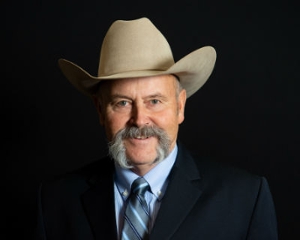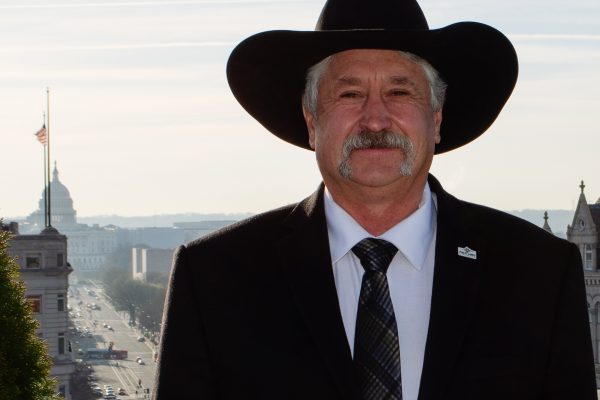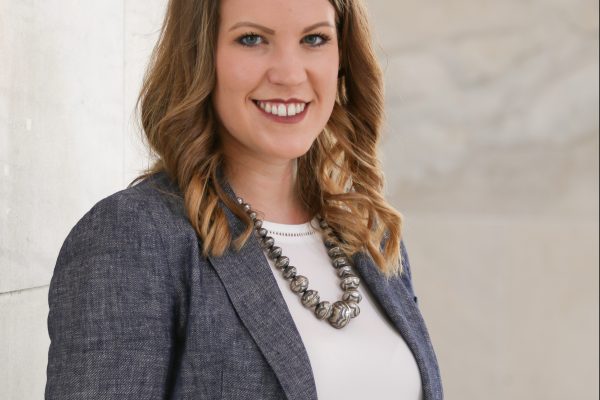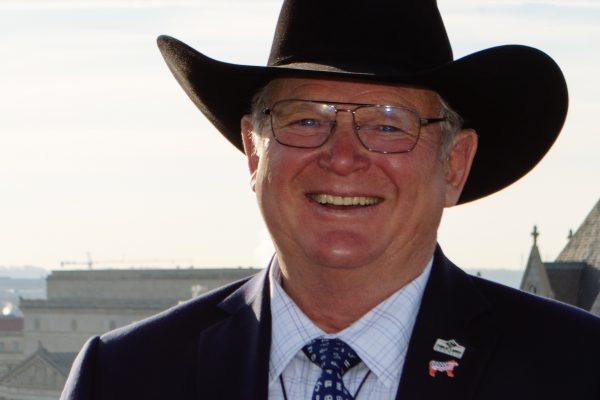Which is worse: days without electricity that disrupt communities or catastrophic wildfires that tear through forests and threaten public health? This question sits on the minds of PG&E officials as they mull their recent decision to intentionally shut power off to northern California customers over the past few days – a decision made out of an abundance of caution after the company admitted fault for sparking the Camp Fire in 2018.
The truth? Both are equally terrible options, and both are entirely avoidable. Shutting down the power to thousands of California residents is irresponsible. Proper management of natural resources is crucial.
To prevent wildfires, California must work diligently to reduce hazardous fuels from overstocked forests and chaparral. Livestock grazing naturally clears much of the ground fuel found on the forest floor. When livestock are given access to the land, they act as a lawnmower, clearing overgrown forage that accelerates wildfire.
Livestock grazing is a natural solution to management and is provided at virtually no cost to the taxpayer. This financial assistance is important, as government agencies continue to allocate exorbitant financial resources suppressing active fires. In 2017, that expense consumed 56 percent of the Forest Service’s overall budget.
Ranchers, who pay annual grazing fees directly to federal agencies, turn out specific numbers of livestock on allotments based on available resources. These livestock graze firebreaks, ensuring fuel loads do not build up year-over-year. These fuel break techniques reduce the concentration of flammable vegetation and provide safe places for firefighters to stop wildfires while reducing the financial burden of government agencies.
Despite efforts like these, chasing after the solution proves difficult in today’s regulatory climate. Nineteen million acres of California’s forest falls under management of the federal government, making proactive management difficult in the face of stringent regulations. While seemingly thoughtful, these regulations prove to be handicaps in the U.S. Forest Service and the Bureau of Land Management. Red tape hinders the ability of livestock producers or other land management partners (yep, even PG&E) to properly care for overgrown forests.
The most arduous of these regulatory processes is the National Environmental Policy Act (NEPA), which is intended to analyze the environmental effects of a federal action. In its current form, however, NEPA does little more than stall commonsense land management. It doesn’t take a Ph.D. to understand that strategic forest thinning and prescriptive grazing of fine fuels will result in fewer, more manageable fires.
Yet every time one of these projects is proposed a NEPA process must be initiated—and frequently takes years to complete. Governor Gavin Newsom recognized the unacceptable costs of lengthy environmental reviews, prompting him to suspend California’s state equivalent to NEPA on several fuels management and fire prevention projects to expedite management. The Forest Service has proposed revamping their own NEPA reviews, a process they need to conclude quickly so that Californians and others who live near our forests and rangelands can breathe a little easier and keep the lights on.
These decisions impact more than just wildlife, people, and our natural resources. Better management of forests and rangelands where most wildfire in California originate is essential to combatting climate change. Forests are among the largest carbon sinks found in our country. Trees pull carbon from the atmosphere, storing it deep in the soil, returning our carbon footprint to a healthy balance. Yet, without active management of forest resources, environmental efforts are erased with one problematic fire season.
The solution to California’s wildfire problem isn’t denying basic services to its citizens – it is simple active management of fire-prone lands.
This past week was Fire Prevention Week. It served as a time for us to ask whether we should be forced to decide between powering our home or protecting it from a raging wildfire. If the answer is no, then tell your elected officials to support proactive management of these landscapes.
Dr. Dave Daley is a fifth-generation public lands rancher from Butte County. He is the current chairman of the Public Lands Council Forest Service Committee, vice-chairman of the National Cattlemen’s Beef Association Federal Lands Committee, and immediate past-president of the California Cattlemen’s Association.





